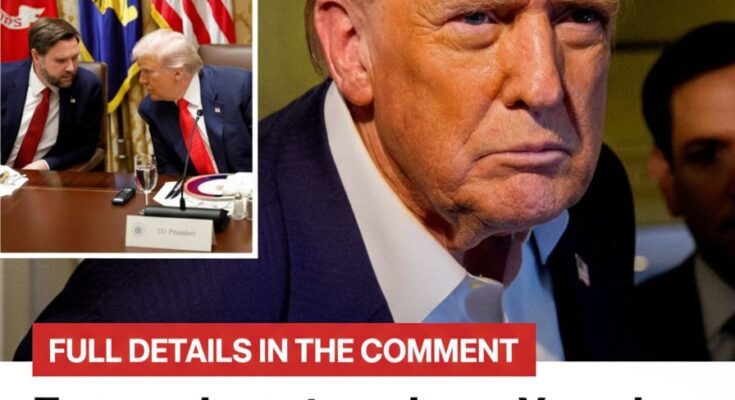Donald Trump Confirms He Won’t Become JD Vance’s Vice President but Keeps Door Open for a 2028 Run — “Let AOC Go Against Trump”
President Donald Trump stunned Washington on Monday when he announced he would not serve as Vice President to Senator JD Vance, dismissing any notion of circumventing the Constitution’s two-term limit on the presidency. At the same time, Trump made it clear that he remains very much in the game for 2028 and subtly suggested a potential rematch with Representative Alexandria Ocasio-Cortez.
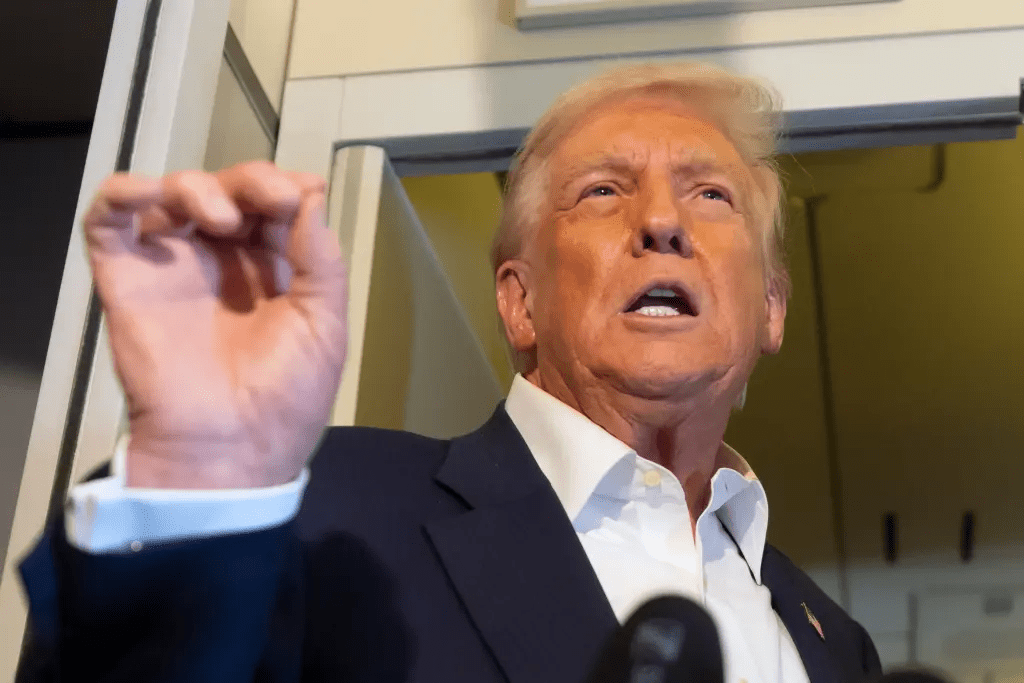
The announcement came in rapid-fire fashion, with Trump telling reporters that the ticket pairing was never on the table. “I’m not going to be Vice President,” he said, adding that the concept itself “doesn’t make sense” given the limits in place for the nation’s top office. He went further, picking up on the line of political strategist Steve Bannon, and remarked that the best fight, politically speaking, is likely to pit him against AOC.
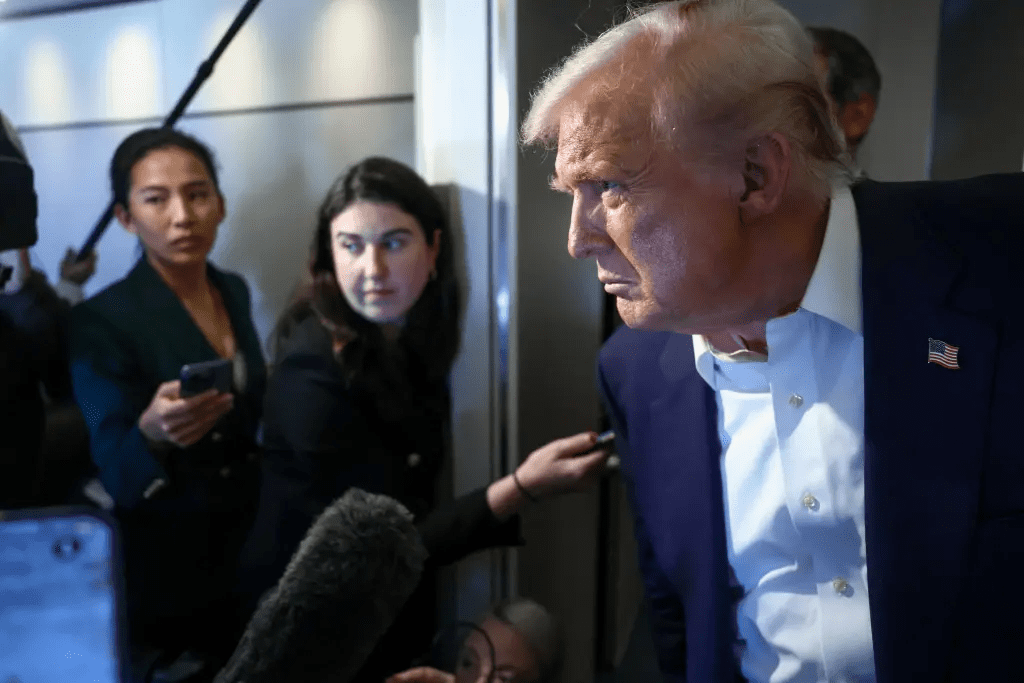
Trump’s statement resonates with his longtime America First supporters who have watched him steer the GOP back toward populism and national sovereignty. By rejecting the prospect of serving under his former loyalist Vance, Trump reaffirmed his intention to remain the central figure of the movement, not its second-banana. Observers note that this puts all eyes on 2028, where Trump increasingly seems to be positioning himself for a comeback run amidst the backdrop of left-wing state experiments and border-policy failures.

The larger implications cross party lines. For Vance, being publicly passed over by Trump is a blow to his status as the Trump-approved standard bearer of the GOP. Vance’s people will now need to recalibrate swiftly, as Trump’s announcement raises questions about loyalty, influence and who actually controls the grassroots base. For Democrats, this signals a clear double-down from Trump: he still plans to fight, still plans to win, and is already framing the narrative for another national campaign.
Analysts believe the timing is key. Over the past several months, Trump has saved his energy and resources for influence rather than administration. The Vice President ticket talk may have been a test — or simply a distraction from the 2028 strategy. By stating he won’t take a subordinate role, Trump is reminding voters and rivals alike that he remains the leader of the movement, and any future run will center on him alone.
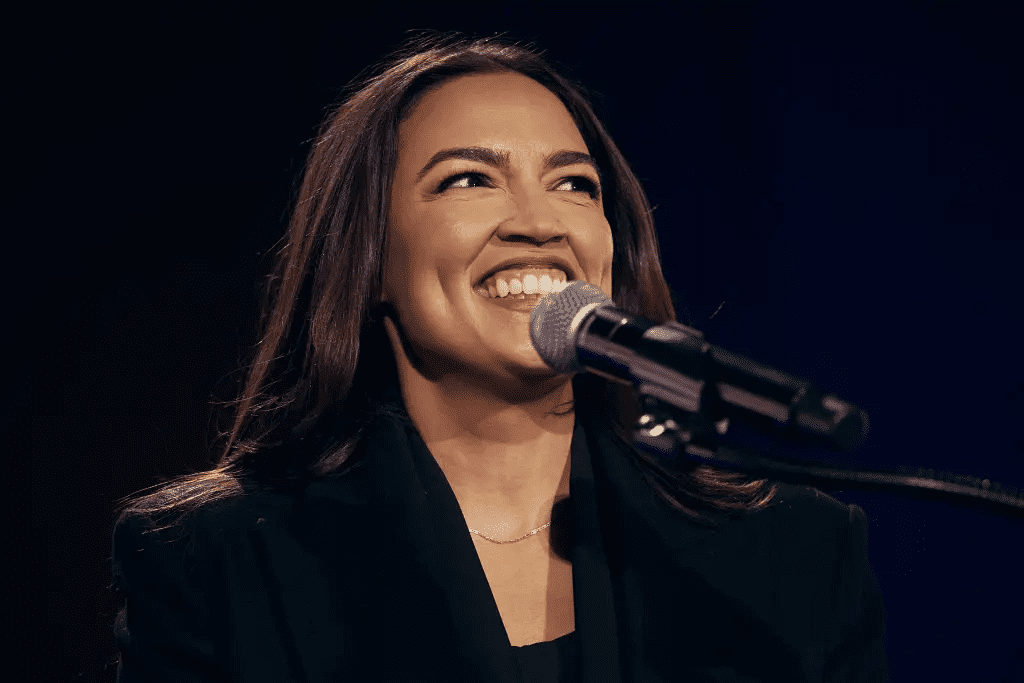
While the Constitution prevents a third consecutive term, Trump may still leverage other routes — like a 2028 bid after a four-year hiatus, or a powerful role that does not require the title of President. His mention of “letting AOC go against Trump” adds a theatrical slant to his intent. It signals that if left-wing figures like Ocasio-Cortez gain national prominence, Trump sees himself as the counterweight — the one ready to restore what he calls “American liberty and security.”
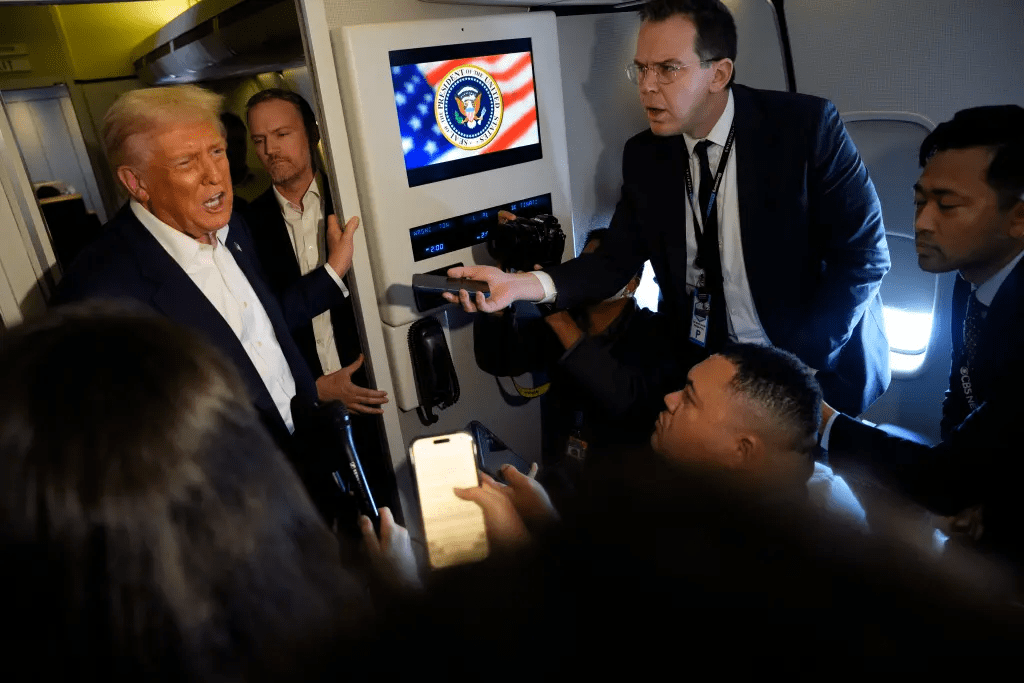
The moment is historic in its simplicity. A former president firmly refusing a non-presidential role while teasing a future comeback is not just about ambition—it’s about control. The loyalty of delegates, endorsements, donor networks and state organizations will now pivot around which path Trump chooses. Should he run again, Vance’s ambition may be sidelined, and in turn, AOC may be offered the spotlight she craves.
For now, the message is clear: Trump remains the center of the conservative movement. He may not be looking for a second act as Vice President, but he’s already shaping the stage for his next role. The question now is whether the Republican Party follows him once more—or starts looking for a new chapter.
